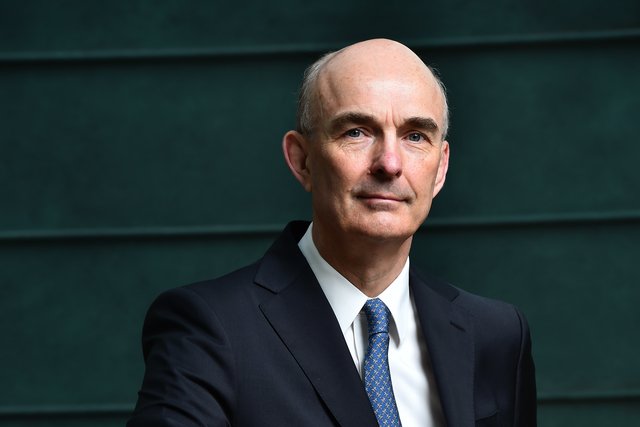Abingworth has raised $582 million for its second clinical co-development fund. The fund, ACCD 2, equips Abingworth to make triple-digit million investments in late-stage clinical programs.
London-based Abingworth got into clinical co-development investing in 2009. Initially, Abingworth used money from its venture funds, but by 2016 the strategy had matured to the point that it set up a dedicated $105 million clinical co-development fund. The new, far larger ACCD 2 sets Abingworth up to continue making late-stage bets at a time when table stakes are higher than in the past.
“[The larger fund] really just allows us to participate,” Tim Haines, chairman and managing partner at Abingworth, said. “The deal sizes are certainly going up to some degree. And I think we’ll probably be doing more larger deals. We may do some deals by ourselves directly.”
Abingworth has previously invested through its co-development portfolio companies Avillion and SFJ Pharmaceuticals. The co-development companies both finance and facilitate clinical trials, taking on all of the clinical and regulatory risk in return for a pre-agreed return if the drug is approved. Going forward, Abingworth may also invest directly.
The sweet spot for investments is in the range of $100 million to $200 million, Haines said, although Abingworth has gone up to $250 million in the past. By investing directly, Abingworth will be able to support companies that have the internal resources to run a program but need capital.
When Abingworth first got into clinical co-development, it primarily worked with pharma companies that had more clinical candidates than their budgets could support given the desire to limit spending to protect earnings per share (EPS). Rather than running EPS-suppressing clinical programs, pharma companies partnered with Abingworth and only paid out if the project was successful, by which time the cost of the deal could be amortized over the sales of the product.
Abingworth still works with pharma companies, but they are no longer the only game in town. “What has changed quite significantly is the interest from biotechs,” Haines said. “The motivation there is slightly different. Clearly, most biotechs are not profitable, so the earnings per share issue is less critical. But what we’re able to do is to significantly reduce the dilutive impact if they had to go out and raise the money on the public market.”
Haines cited Apellis Pharmaceuticals as an example of why biotechs are interested in the financing option. In 2019, SFJ, in its first partnership with a pre-revenue biotech, provided Apellis with upfront and near-term payments to support development of APL-2 in hematologic indications in return for a chance to receive regulatory approval milestones.
“When we did the deal, it was about an $800 million market cap. Today, [it’s $3.8 billion] based on the data that was generated from the capital that we provided them. So they saved a huge diluted impact,” Haines said.
Abingworth has had one exit from ACCD 1 so far and has another four deals that are still in progress. Factoring in investments made from venture funds, Abingworth has done 11 deals, seven of which have completed. One deal failed, but the rest returned capital, generating “very good returns to the funds,” Haines said.
Despite the returns available, Abingworth is part of a small number of investors to target the space. Blackstone, which backs SFJ with Abingworth, is active in the sector but the risk—and need for deep expertise to mitigate it—is a potential deterrent to new entrants.
“You need to really be able to assess the likelihood of success of these products, because if we get it wrong, we get nothing, we get no returns at all. So in some respects, it’s kind of a venture-like model where you need to really dig deep into the clinical data [and] likelihood of success,” Haines said.
News of ACCD 2 comes months after Abingworth raised a $465 million venture fund.

